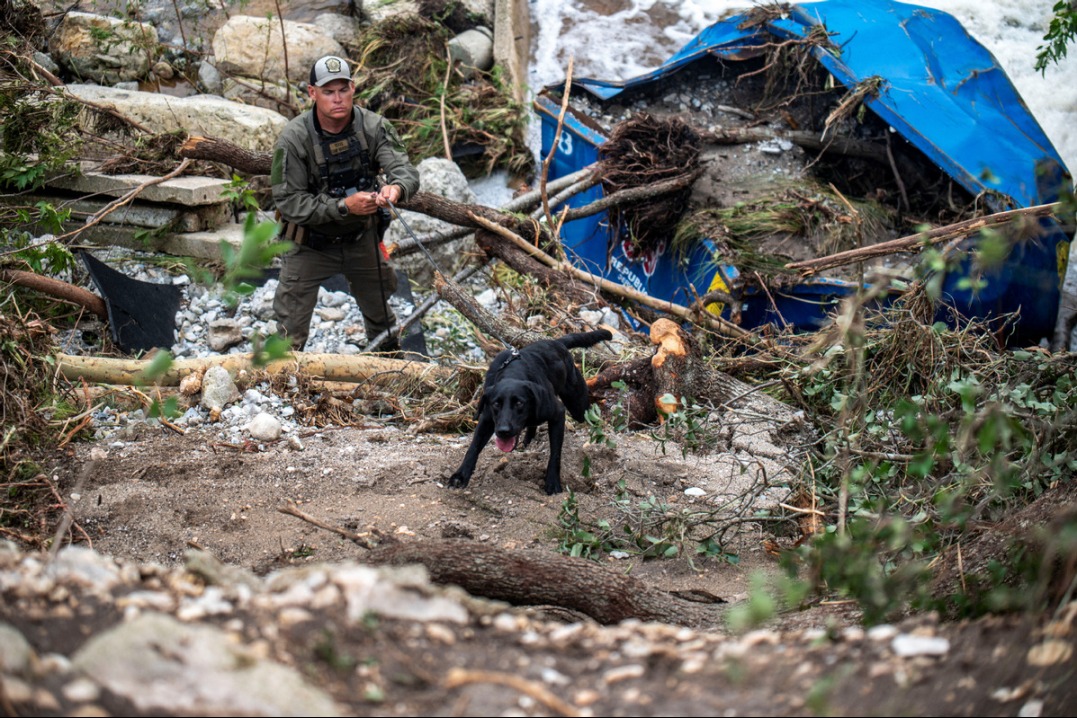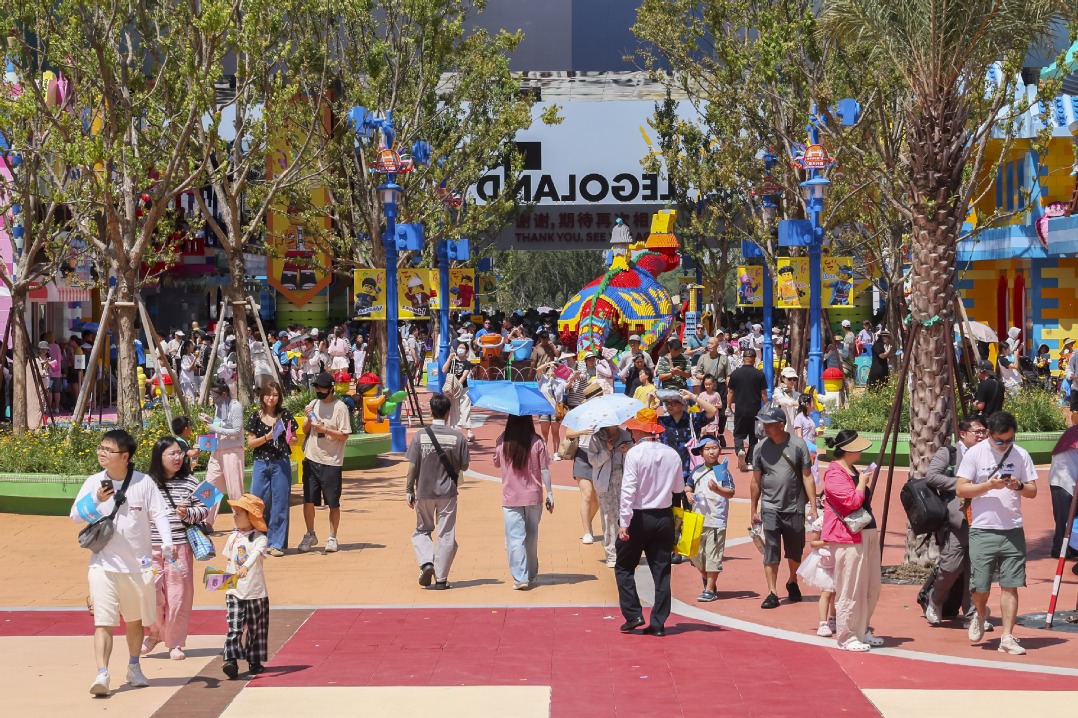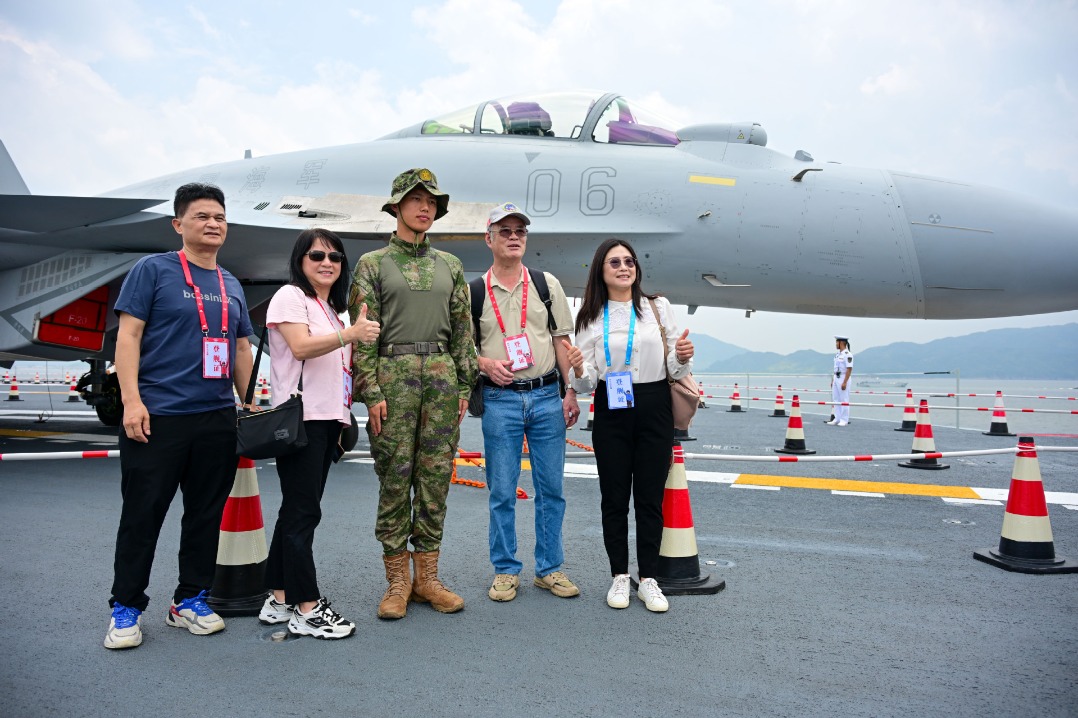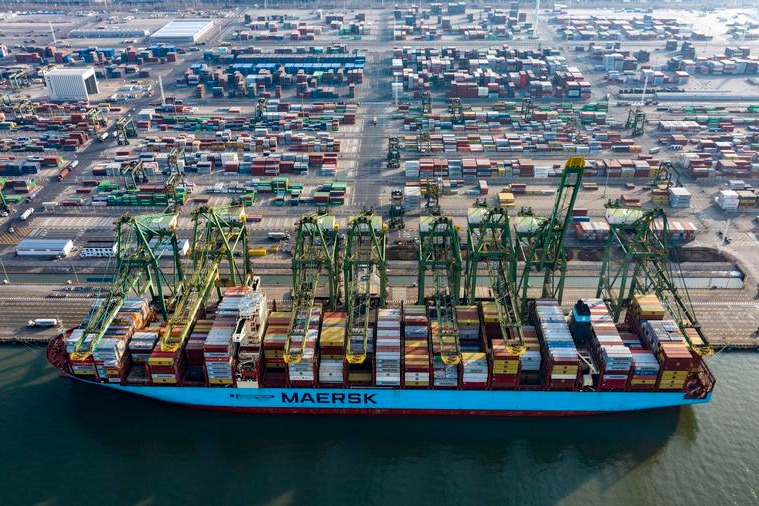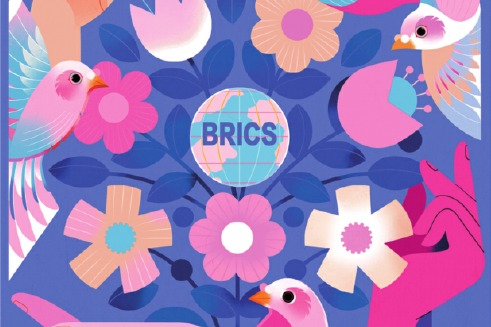Dialogue to bring civilizations closer

Dialogue can lead to better East-West communication
I have worked and travelled in India, Singapore, Malaysia, Vietnam and 28 of the provinces and regions of China. I have seen first-hand the richness and diversity of Chinese and Asian cultures.
Through my many journeys, I have also seen how Asia, led by China, has "reformed and opened up". The outcome of these advances has been profound. For example, China has already lifted more than 700 million people out of poverty and is committed to eliminating absolute poverty by 2020.
One would expect the US and Europe to welcome these positive changes in China and Asia. Yet the fact is otherwise, probably because of a lack of proper communication. Media outlets outside of China do not reflect what I see around me in China, where I spend six months in a year. As a European and a British citizen, I can say Europe is still ignorant about Asia and China.
That's why I welcome the Conference on Dialogue of Asian Civilizations. It provides a great opportunity for discussions on how to improve communication between Asia, China, the US and Europe,
The digital revolution could be a core driver of innovative communication from China. In other words, the same message can be conveyed in a different, friendly style and format. For example, Chinese websites, which are typically text dense, can lean from European and US websites and create more images to make their message more presentable and readable. And the conference could be a "game-changer" in this regard.
Alistair Michie, secretary general of British East Asia Council
All nations must join hands to solve major global problems
A clash of civilizations, in my opinion, takes place only when civilizations have little knowledge of each other and share few common interests. In this age of information, almost any information is a click away. But barriers such as language, fake news, lack of direct media channels, political manipulations and other factors still prevent civilizations from truly understanding each other.
A country will defend its interests against threats while welcoming any support from friendly countries. "Identifying friend or foe" is thus critically important for a country to correctly assess the situation, which can be done only by gathering information from authentic sources.
Without comprehensive connectivity, countries cannot fully understand each other. Comprehensive connectivity includes physical connectivity such as roads, electricity grids and other infrastructure facilities; political connectivity such as bilateral, regional and international relations; economic connectivity such as transportation, logistics, trade and investments; social connectivity such as cultural and religious exchanges, people-to-people relations and public diplomacy; and media and information connectivity.
The world is grappling with a host of problems such as the socio-economic gap, environmental degradation, armed conflicts, terrorism, transnational crimes and illegal migration. These problems can be solved only through cooperation and synergy among all countries, not by any one country alone.
So all countries should work together to address these problems. And since the dialogue of Asian civilizations is aimed at developing better connectivity and communication between the participating countries, it can help them to join hands to address the common problems.
Ko Ko Hlaing, head of Myanmar Institute of Strategic and International Studies and former chief political adviser to Myanmar's president
















